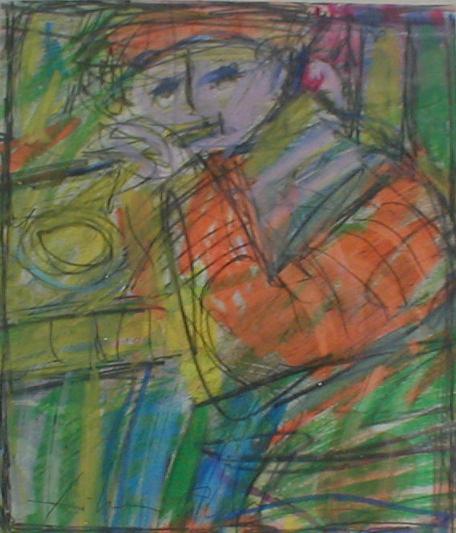
So why do most self publishers make their living writing nonfiction, and why do most successful boutique publishers focus on nonfiction as well? Even though the seven-to-one rule doesn't include self published books, you might think that the relative lack of competition would make fiction the low hanging fruit. It doesn't work that way because fiction is dominated by bestsellers that pull the average sales for fiction titles way up, and persist year after year as backlist titles long after most nonfiction books have become obsolete. While there are niches in fiction as well as nonfiction, they are not as sharply defined in fiction, and therefore serve a wider audience.
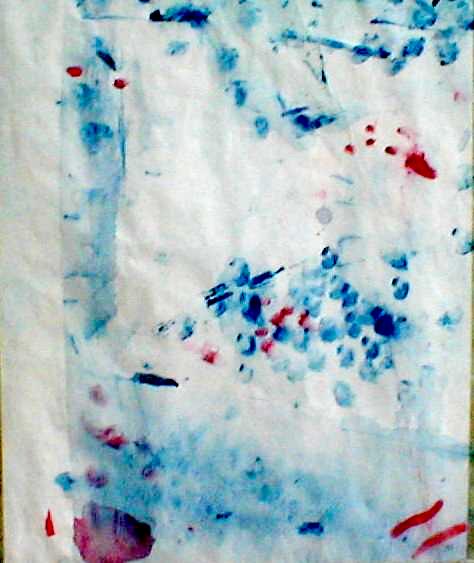
Take a large fiction genre, like Tolkien style fantasy books. Some readers might like stories with lots of dragons in them, some may prefer heroines over heroes or magic over swashbuckling. But the mainstream of that audience will read any well written adventure tale set in a distant past or future earth where there are no cars, some seemingly unremarkable young villagers destined for greatness, and plenty of good and evil. Yes, I'm sure there are subgenres where everybody is naked and the plot lines are little thinner, but even there, readers are paying for the author's story telling ability. Most fiction readers would rather pay a premium for "Book The Sixth" of a twelve book series than a read a free copy "Book The First" from an unknown, and that's a fact.
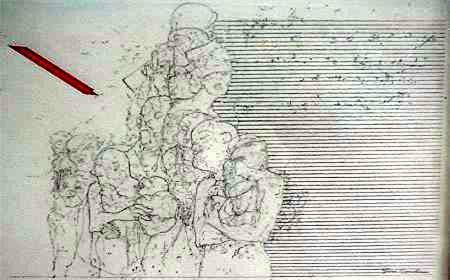
Now take a large nonfiction genre, like diet books, though many dissapointed readers may conclude that diet books should have be sold as fiction as well. While every year does yield a few bestsellers promising weight loss, there's an even larger market for specialty diet books, which promise everything from low environmental impact to longer life and cures for whatever ails you. And these diet books don't just give a chapter to each subject. Whole books, even series of books, are written about systems of selecting food, cooking and eating, that essentially target converts to the system. Most are from boutique presses or self publishers, their print runs are short and they are usually sold at lectures, in specialty food stores or by mail order rather than through bookstore chains.
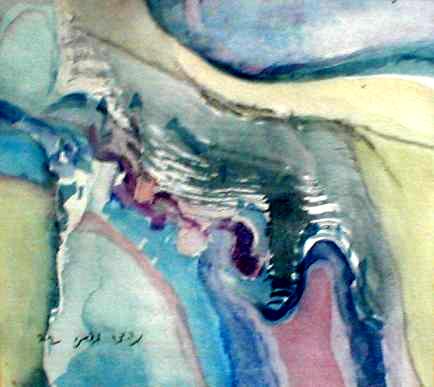
The math is really pretty simple. The smaller the niche, the less likely a commercial trade publisher will have any interest in targetting it. While a large trade may not automatically fire an acquisitions editor for sponsoring several books in a row that sold less than 5,000 copies, they'd be within their rights to do so since they need higher sales to make their overhead. So access to the true niche markets is basically restricted to small trades, boutique presses and self publishers who have very low overhead, long time horizons, and a deep understanding of the market they are targetting. Large trade publishers can't afford to develop a deep understanding of a market that won't support the salary of the editor assigned to learn it. And niche publishing is ideal for website marketing, something the large trades seem incapable of learning.
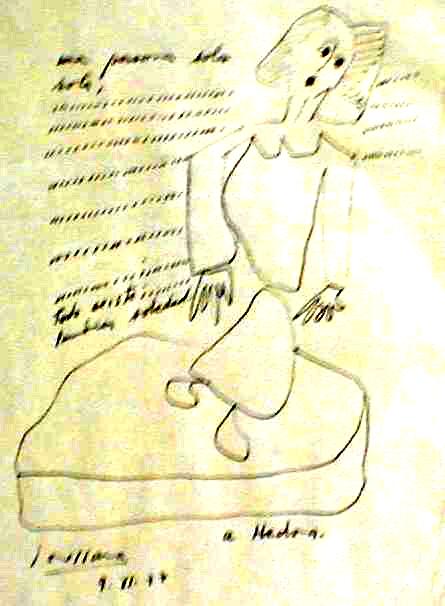
So what about the fiction authors, graphic novel and comic book writers who do the convention tours and starve for their art? I've seen some really beautiful self published comics and graphic novels over the years, some were even critical successes, but I don't personally know anybody making a decent living at it through self publishing. There simply aren't the sort of natural audiences for creative art that exist in nonfiction for self identified cultists, do-it-yourselfers, and fanatics for every obscure branch of learning. The artistic markets are driven by popularity, and popularity is that funny thing that once it's acheived, you're no longer in a small niche.
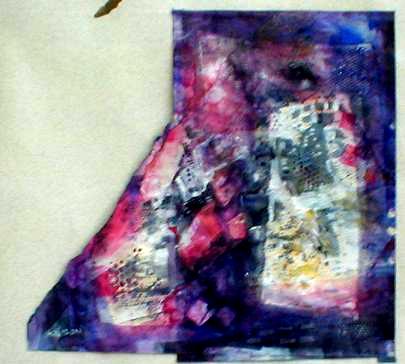
Because popularity is the coin of the realm for fiction writers, and because that coin has much more value in the Internet age than it had just a dozen years ago, I believe that trade contracts for fiction authors will become much more restrictive in the future. In the days before POD and eBooks, large trades primarily worried about their authors moving to a different large trade. Today, it's becoming apparent that many of those authors, particularly those who scratch out a living but aren't getting rich, would do better cashing in their popularity by self publishing or forming co-ops. The large trades will figure this out, and will start moving all new fiction authors in the direction of romance writers, where contracts often give the publisher rights to the author's pseudonym, characters and brand. It also means that much of the advice aspiring fiction authors receive from established fiction writers will be of limited use. The world won't change that much for those authors who have already established and own their brands, but new fiction writers, even those with agents, simply won't get the same opportunities.
The artwork in this blog post comes courtesy of curbside garbage on a public street that I happened to walk by just as the rain was starting. It's always bothered me to see people trashing art, and when it's framed art behind glass and you know somebody who needs picture frames, it looks like a crime. I rather like the top one, can't make out the artists name, though it may be something like Ruhl. If it will separate from the mat, I'll bring it home in a mailing tube. The third one is a numbered print by a Giora Oppenheimer, if I'm reading the name correctly, and I believe they are all works from students of the Bezalel art and design academy done in the 1970's.
9 comments:
Someone actually threw these out? Man — couldn't even be bothered to go to Goodwill. What is it with people?
Sorry to have to ask but you use botique" several times - is this something you have a special meaning for, or is it what I might know as 'boutique'?
Anonymous,
There is a special meaning for botique, I'll use it in a sentence as an example:
"Blogger's spell checker was created by botique software firm that lacked spelling credentials."
No brownie points for pointing it out, Jon Reed get's credit for that yesterday, I just didn't get around to making the change yet. I figure the blog is free, so people can put up with my spelling. Unless I can get spelling dissability from Social Security, in which case I might hire a proofreader:-)
Morris
I just discovered your blog and wanted to say I think your posts about e-publishing and Kindle make for great reading and thinking.
As a related topic, I'm an old editor and am constantly appalled at the poor quality of writing in a lot of e-books. One in particular I've taken to beating up at my blog, GlobalWatchWatch, is representative of the schlock that gets foisted on people in the Kindle store.
Say what you will about the publishing houses, but at least they put forth some effort to proofread what they are selling. Anybody who wants me to buy an e-book that he or she self-published had better take quality control (and grammar) very seriously.
Consider this blog bookmarked.
Sincerely,
Global Watch Editor.
Watcher,
I don't get excited about editing myself, as you can probably tell from the earlier comment:-)
I have a much greater problem with trade publishers who push out nicely processed garbage than I do with self publishers who bring out sloppy gems. In the world of nonfiction, getting the information right takes first place, the rest is secondary. I've seen some very strong titles by foreign authors with English as a second language, mistakes on every page. These are far more useful than a raft of trade offerings authored by professional authors who don't know the subject, and don't even have the sense to know that they don't know the subject.
But what ticks me off more than anything else in the universe of typos is numerical errors in the "serious" press, ie, WSJ, NYT, Washington Post. There is a difference between a million and a billion, even if the proofreaders of the world don't grok it:-)
Morris
Morris
Morris, I can't agree more regarding valuable INFORMATION vs junk that has perfect grammar and no typos.
My first self-published book was published hastily and has a lot of errors. Never the less, it continues to be my bestseller and I get thank-you notes almost weekly. The competing titles by other publishers have perfect grammar and have been cleanly edited but frankly the information is worthless and the books actually have negative value because of the time and effort wasted in reading them and missing other valuable books.
I hate to say it, but the wave of the future is that INFORMATION NOW matters, and polishing it doesn't matter. Sorry, but the stodgy grammar perfectionists are a dying breed and what are they being replaced by? Not more of the same - teenagers instead who have instant gratification needs (not saying that is a good thing...) and who want information NOW.
When there is a major breaking event in the world, I want the news now, and I'll forgive CNN if their articles aren't perfectly polished. The days of the 6-9 month editing process are over. Sorry. But as I like saying, "innovate or die."
Bryan
I agree that the information is more important than the gloss, but what about fiction? My partners and I own a fiction publishing company still in the start-up phase(we're crazy, I know). Our first title is almost ready, but we've spent much time on editing and polishing (months and months).
There's a point where you're just spinning your wheels, but in our estimation, the editing is going to be what separates the professionals from the hobbyists.
Heck, we read titles from major houses now that are rife with errors. If we can beat them, we are doing good. Will it necessarily affect sales? No data on that yet.
Jeff
The art thrown out is an interesting metaphor to add to the idea that most of the books written are tossed away without regard for the content :)
Some editing is always necessary, as typos do occur. It wouldn't bother people so much if they wrote more carefully in the first place. When I've finished a chapter, I read it to see how much I can throw away. In the process, I catch 99% of my typos, even though I'm not editing per se.
Post a Comment